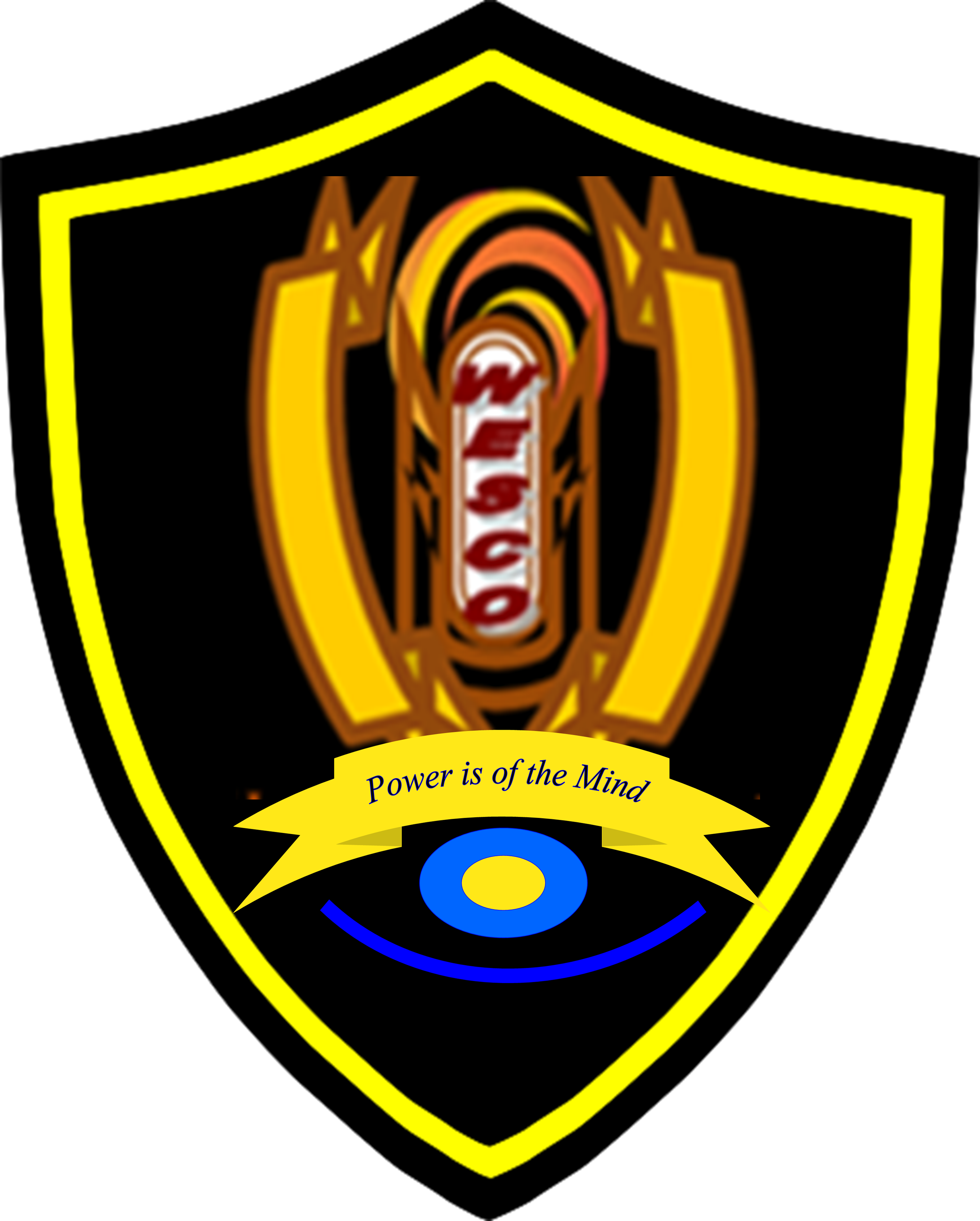
London Teacher Training College
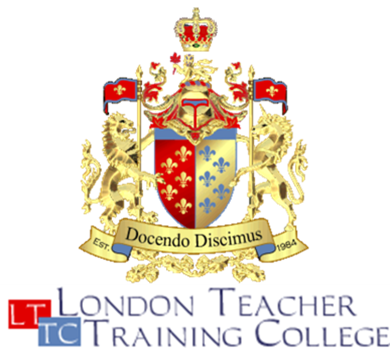
Based in South London, the London Teacher Training College was established in 1984 and has over the years trained a vast number of TEFL teachers from around the world. The college prides itself on the quality of its courses and the individual attention it provides every student who enrols.
There are now over 100 partner schools worldwide which offer LTTC teacher training programmes. Students can take our courses by distance learning or in a classroom environment.
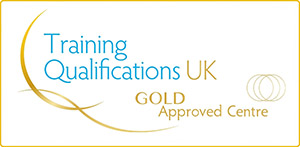
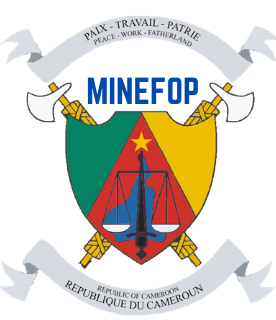
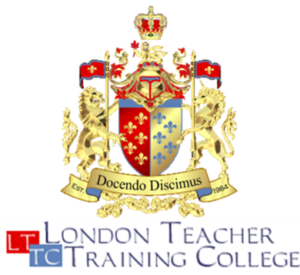
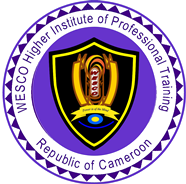
LTTC is an officially approved TQUK centre and offer the courses which come under the endorsed provision. We were the FIRST approved provider of TEFL qualifications and have taken the lead in offering high quality course programmes for teacher training.


What is TQUK?
TQUK is an Awarding Organisation recognised by the Office of Qualifications and Examinations Regulation (Ofqual) and the Welsh Government.
TQUK offers qualifications on the Qualifications and Credit Framework (QCF). Qualifications regulated by Ofqual are listed on the Register of Regulated Qualifications – UK
What Qualification Levels Mean
- Level 3 qualifications are:
- international Baccalaureate diploma
- access to higher education diploma
- GCE A Level
- Level 5 qualifications are:
- higher national diploma (HND)
- foundation degree
- Level 6 qualifications are:
- degree with honours - for example bachelor of the arts (BA) hons, bachelor of science (BSc) hons
- graduate diploma
- ordinary degree without honours
- Level 7 qualifications are:
- integrated master’s degree, for example master of engineering (MEng)
- master’s degree, for example master of arts (MA), master of science (MSc)
- postgraduate certificate in education (PGCE)

With The Most Hands-on Experience, We Understand The Skills are badly Needed for every Teacher to stand tall in the professional
Courses

TESOL 120
This is a level 5 certifcate with a focus on lesson planning and practical teaching skills which will equip those who are new to the profession and inspire those who already have some experience.
- There is a focus on lesson planning and practical teaching skills which will equip those who are new to the profession and inspire those who already have some experience.
- This course is ideal for those who wish to follow a professional course in Teaching English as a Foreign language.
- You are assigned a personal tutor as soon as you enrol, who will give you help and guidance through the course as well as mark your assignments and give you personal feedback.
Unit One
Introduction to Teaching English as a Foreign Language
Methodologies:
- Behaviorism;
- Audiolingualism;
- The ’ Natural Way’;
- Humanistic Approaches.
Unit Two
Grammar
- Terms and definitions
- Countable and uncountable nouns
- Tenses
- Ve rbs; Modal and auxiliary
- Conditions
Unit Three
Teaching and Learning Grammar
- Presenting a structure
- Grading language
- Mistakes and correction
- Recycling language
- Practice and Production
Unit Four
Teaching vocabulary
- Words and sentences
- Using dictionaries
- Choosing vocabulary
- How to teach vocabulary
Unit Five
Teaching Productive skills; Speaking and Writing
- Accuracy vs. Fluency
- Communication activities
- The stages of writing
- Correction techniques
Unit Six
Teaching receptive skills; Listening and reading
- Different types of listening skills
- Teaching listening skills
- The stages of reading
- Reading activities and materials
Unit Seven
Materials and aids
- Using flashcards, pictures and regalia
- How to organize the board
- Using the overhead projector
- The use of video
- Authentic materials
Unit Eight
Teaching Pronunciation
- The phonetic chart
- Stress, rhythm and intonation
- Mother tongue interference
- Practical activities
Unit Nine
Lesson Planning
- Teaching different types of classes
- Pair and group work
- The contents of a lesson
- The stages of a lesson
- Getting feedback
Unit Ten
Teaching young learners and teenagers
- Basic principles
- Teaching on holiday course
- Practical activities and lesson types
Unit Eleven
Using course books effectively
- Exploiting a course book
- Planning a course
- Course book evaluation
Unit Twelve
Introduction to using the web
Final Exam


TEYLT
This Level 5 Certificate in English for Young Learners course is designed for those who would like to specialise in teaching English to young children and teenagers.
The level 5 Certificate in Teaching Young Learners and Teenagers is endorsed by TQUK, an OFQUAL approved awarding body.
This is an assignment-based course only. To embark on it, Trainees should be preferably TESOL trained or those with some teaching/tutoring experience. However, Trainees with ‘GCE A Level’ level-equivalent qualification and have a strong interest in teaching will also be considered. The most important thing is that Trainees must be fluent in both oral and written English at the proficiency level. This 10 unit course will give you insights into how children learn language – both mother tongue and English. You will discover new ideas for activities for both young learners – aged 4 to 11 and teenagers -aged 12+ You are assigned a personal tutor as soon as you enrol, who will give you help and guidance through the course as well as mark your assignments and give you personal feedback.
Unit 1
Why is it important to teach a second language?
Unit 2
2.1 First language acquisition
2.2 When does language and communication begin?
2.3 Perception and production
2.4 Babbling
2.5 Reduplication
2.6 Semantic development
2.7 Mean length of utterance
2.8 Telegraphic speech
2.9 Moth/parent role
2.10 Summary
Unit 3
How young learners learn Languages
3.1 Basic principals
3.2 Do’s and don’ts
3.3 Teaching teenagers
3.4 Teaching on holiday courses
Unit 4
Stories and Speaking activities
4.1 Pair work and group work
4.2 Practical activities
Unit 5
Writing Activities
5.1 Writing activities
Unit 6
Songs, Rhymes and Chants
Unit 7
Discovery Activities
Unit 8
Vocabulary Building
8.1 Building vocabulary
8.2 Practical activities for vocabulary
Unit 9
Games, Puzzles and Quizzes
Unit 10
The Syllabus
10.1 What a course book can do and what a teacher can often do better
10.2 Choosing a course book
10.3 Increasing the real interaction and communication offered by a course book
10.4 Pacing your progress through the book
Diploma in TESOL
The OFQUAL Regulated Diploma in Teaching English to Speakers of Other Languages is at LEVEL 6 and consists of 372 hours study. This course is a flexible alternative to DELTA or Trinity College London Dip TESOL courses but enables you to study at your own pace and at times which suit you.
Diploma In Teaching Business English
The Level 6 Diploma In Teaching Business English is designed to provide teachers, trainers and course organisers working in the field of Business English. It equips them with specific knowledge, skills and approaches to train business learners.
The Level 6 Diploma In Teaching Business English is endorsed by TQUK, an OFQUAL approved awarding body.
The training tasks and assignments in this course are especially useful and practical and include materials which you and your students will enjoy using in the classroom.
This is a non-examination course. However, there are 8 assignments to be completed. The course includes reading, setting tasks, self-correcting exercises and assignments.
You are assigned a personal tutor as soon as you enrol, who will give you help and guidance through the course as well as mark your assignments and give you personal feedback.
Section A – Professional Skills
Unit 1 Syllabus design
Unit 2 Needs analysis
Unit 3 Course programmes
Section B – Methodology
Unit 1 Classroom management
Unit 2 Approaches
Unit 3 Teaching 1-1
Unit 4 Evaluation of materials
Unit 5 Teaching business English and the internet
Unit 6 Using dictation
Unit 7 Teaching grammar
Section C – Business Concepts and Practices;
Unit 1 The Business client
Unit 2 Cultural differences
Unit 3 Teaching meetings
Unit 4 Teaching negotiating skills
Unit 5 Teaching presentations
Unit 6 Teaching telephoning skills
Diploma in Teacher Training
The Level 6 Diploma in Teacher Training is suited to experienced and qualified TEFL/TESOL teachers who plan to move into the field of teacher training and who wish to train, mentor and educate TESOL/TEFL teachers.
The Level 6 Diploma in Teacher Training is endorsed by TQUK, an OFQUAL approved awarding body.
It is imperative that any such person wanting to move into training teachers of English MUST have substantial experience and the minimum of a Diploma Level 7 qualification. This role carries responsibilities of providing the budding teacher with a thorough set of skills and knowledge to be able to function effectively in the classroom. With teacher training expanding globally, the training of trainers is now vital to the success of the individual trainer, the institution offering teacher training course programmes and the development of professional TEFL teachers.
The Diploma in Teacher Training programme is designed to equip the new trainer with:
The principles and practice of effective classroom teaching
Current and evolving methodology
The knowledge, skills and attitudes required to become an effective trainer
An examination of one’s own teaching
The role of the trainer as a teaching model
Planning a timetable
Formats-lectures, seminars, workshops, projects
Teaching language awareness
Teaching phonetics and phonology
Preparation for teaching practice-observation and feedback
Continuing Professional Development
Module 1. Current and evolving methodology
1.1. Background
1.2. Language Teaching Methodology Defined
1.3. Schools of Language Teaching Methodology
1.4. Teaching Methods and Teacher & Learner Roles
Module 2. Planning a Teacher Training Course
2.1. Elements of a TEFL Teacher Training course
2.2. Time Tables
Module 3. The principles and practice of effective classroom teaching
3.1. Student managed learning
3.2. Lesson Planning
Module 4. Observation
4.1. Guidelines for Observers – Before, during and after the observation
4.2. Making feedback work
Module 5. Presentation Skills
5.1. Problems & Fears with Presenting 3
5.2. Qualities of an Effective Presenter
5.3. Planning a Presentation
5.4. Structuring Your Presentation
5.5. Setting a Clear Objective
5.6. Opening Attention Grabbers
5.7. Visual Aids
5.8. Presentation Style
5.9. Using Equipment & Materials – A Checklist
5.10. Presentation Feedback
5.11. Summary
Module 6. Running Workshops
6.1. Running workshops for motivation, team-building and improving
performance
6.2. Tips on designing workshops
Module 7. Teaching language awareness
7.1. Planning language awareness sessions
7.2. Teaching phonetics and phonology
Module 8. Learning styles
8.1. How Students Learn
Module 9. Continuing Professional Development
9.1. Background
9.2. Getting started with CPD
Graduate Diploma in TESOL
The Graduate Diploma in TESOL is designed for those who wish to take on a more senior level in their teaching career, perhaps senior tutor or ELT management, or for those who wish to enhance their professional development. Please note that this is not an MA in TESOL.
Short Courses
The London Teacher Training College offers a wealth of short courses to enable your continuing professional development (CPD).From teaching vocabulary, grammar, pronunciation and phonetics, there is something for everyone listed here.

Certificate in Teaching Pronunciation
This is a short and very practical course covering basic approaches, techniques and tips for improving your students' pronunciation, stress and intonation.

Certificate in Teaching Vocabulary
This is a short and practical course aimed at developing the teacher's skills in the introduction and teaching of vocabulary.

Advanced Certificate in English Grammar
This 20 hour TEFL course covers a wide ranging and deep study of English grammar. It is a rigorous programme in which you will study the following areas and much more :

Certificate in Phonetics and Phonology
This 20 hour course covers both the study of Phonology (the sounds of a particular language) and Phonetics (the sounds in language).
Why Choose Us
benefit 1
Our TESOL qualifications are regulated and recognised by OFQUAL (UK Government)
benefit 2
Our TESOL certificates are recognized internationally
benefit 3
Skills gained will add value to your resume
benefit 4
You'll gain a competitive advantage.
benefit 5
Travel opportunities & learning about different cultures.
Why do a TESOL course?
Doing a TESOL course provides a solid basis for both new and inexperienced teachers alike. The training provided within the course will allow you to develop the expertise and skills required for a wide range of English teaching situations.

The “TESOL Technology Standards” focus on how English language teachers, teacher educators, and administrators can and should use technology in and out of the classroom.
